Chef Razia Sabour: Preserving Her Heritage Through Food
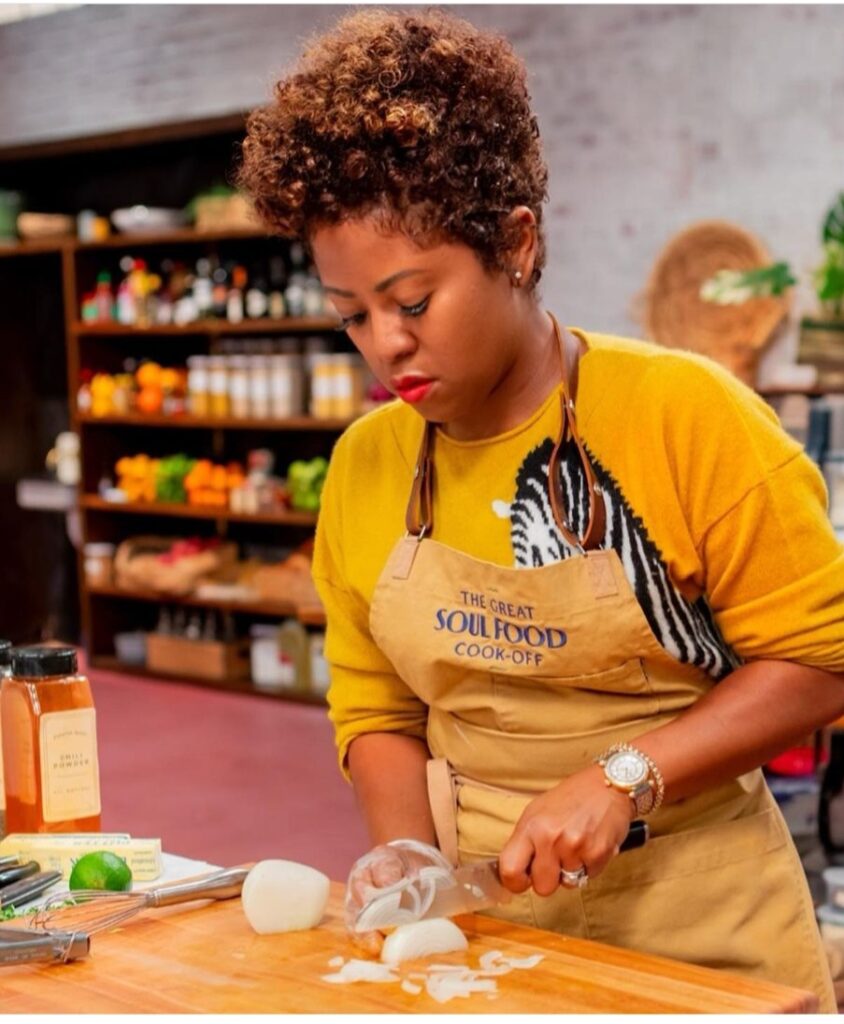
Razia Sabour, the winner of HBO’s Great Soul Food cook-off season one, has a mission as a chef to preserve her heritage through food.
“I’m African American, which means I’m of African descent,” Sabour said. “What we added to the American food culture was based on the resources we were given and crops and things we brought over here. So there are specific dishes that became staples in African American cooking and the American food culture.”
She believes the American food culture was created through her ancestors and their traditions in different parts of Africa, specifically West Africa, which they then merged with the resources they had at the time.
“So those staples were, I guess, pridefully called Soul Food,” Sabour said. “In an era where it was about black pride.”
Keedra Keeley, chef and mentoree of Sabour, relates to her desire to preserve her heritage. She also cooks Soul Food and think it’s important to protect it from the negative connotations she’s found often come with it.
Sabour has mentored many young chefs. Another was Caisey Blump, who spoke highly of how Sabour showed her how to maneuver in different venues depending on clientele. Blump loves Sabour’s Soul Food.
“If you come from the culinary world, it’s so many different versions of chefs,” Blump said. “It could be chefs that know techniques but have no soul. It’s not just the flavor, the soul enhances the flavor but you have to care about the food.”
What Sabour has developed over time, as a business owner and as an individual, is using her cooking to showcase who she is as a person.
“I want to feed people from my roots, from who I am. Soul Food, over the years, hasn’t been highlighted as a cuisine of popularity, respect, or anything good.” Sabour said. “So I, along this journey of business ownership, and just becoming, period, wanting to be myself, I just made it a point to showcase soul food, to cook soul food, beautifully and tell the stories of who I am, who my people are, who my ancestors are, that history, black history, African American History, and tell it through food, through my medium.”
Before her career as a chef, Sabour was a social worker for nine years as the clinical director of adolescent treatment homes. However, she wanted to be more present after she had her first daughter.
“Because I would drop her off early in the morning and pick her up late at night from my parents’ house,” Sabour said. “And so I was really seeking something to do that, you know, just allowed me to be an active mom.”
According to Sabour, the universe sent her visions of herself in a chef coat. She spoke about them with her mother, who encouraged Sabour to follow her gut. That’s when she started the process of becoming a chef. Her first thought was to get a food truck, as they were popular in Washington D.C, where she lived before moving to Atlanta in 2003. It wasn’t meant to be, though, because after she finished the licensing, she got a call from Tyler Perry’s Studios, telling her the chef for the following day fell through. She immediately rushed to the restaurant depot to get supplies.
“I had to go through such a process to get onto the lot for Tyler Perry Studios, so I was just thinking, ‘I can’t show up with disposable cookware; I have to show up looking official,'” Sabour said.
Initially, it was only supposed to be for one day. But after they finished eating, the manager asked her to return for five more weeks – lunch and dinner – which led her to a 12-week job at Week-TV
“So I became a production caterer, just kind of being prepared,” Sabour said. “Or not being prepared because I didn’t know what I was doing at all. I looked like I did, and I did what I knew to do: cook. I cooked from my soul, from my heart.”
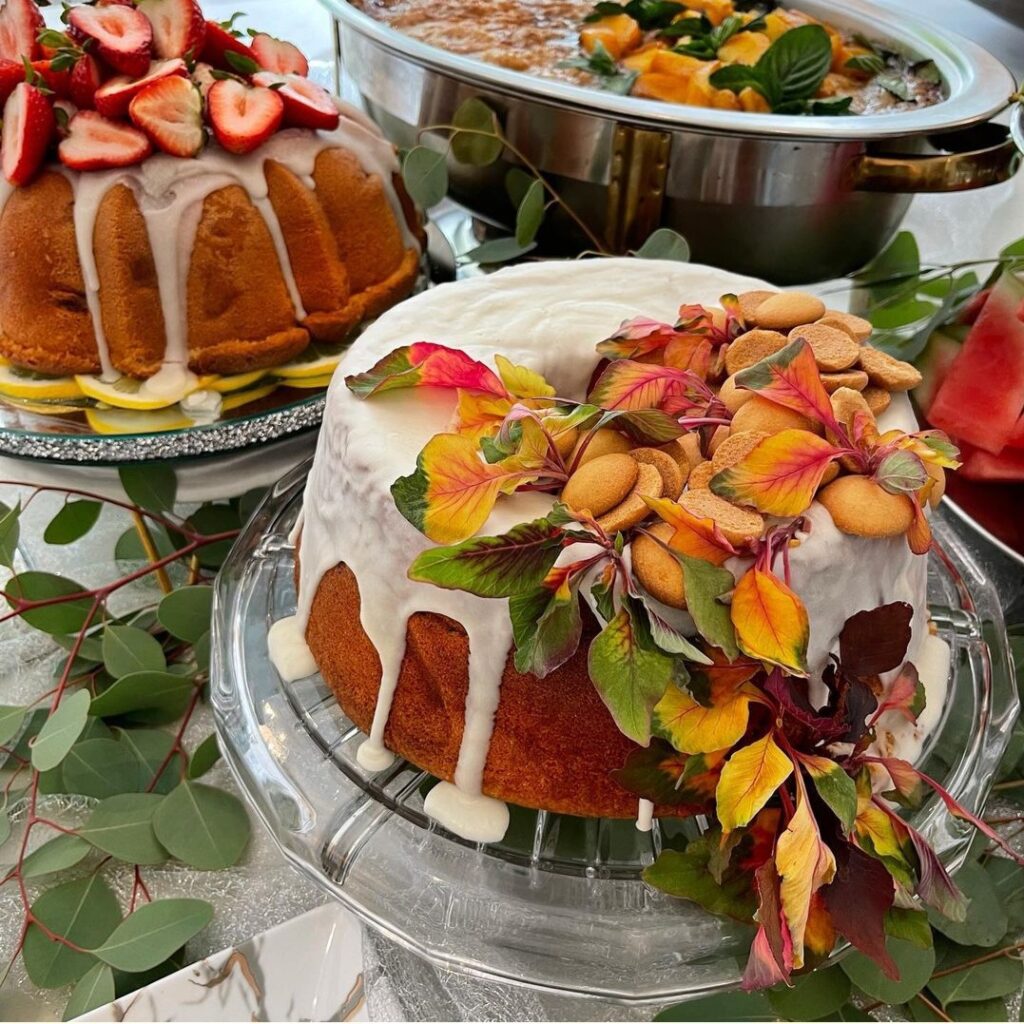
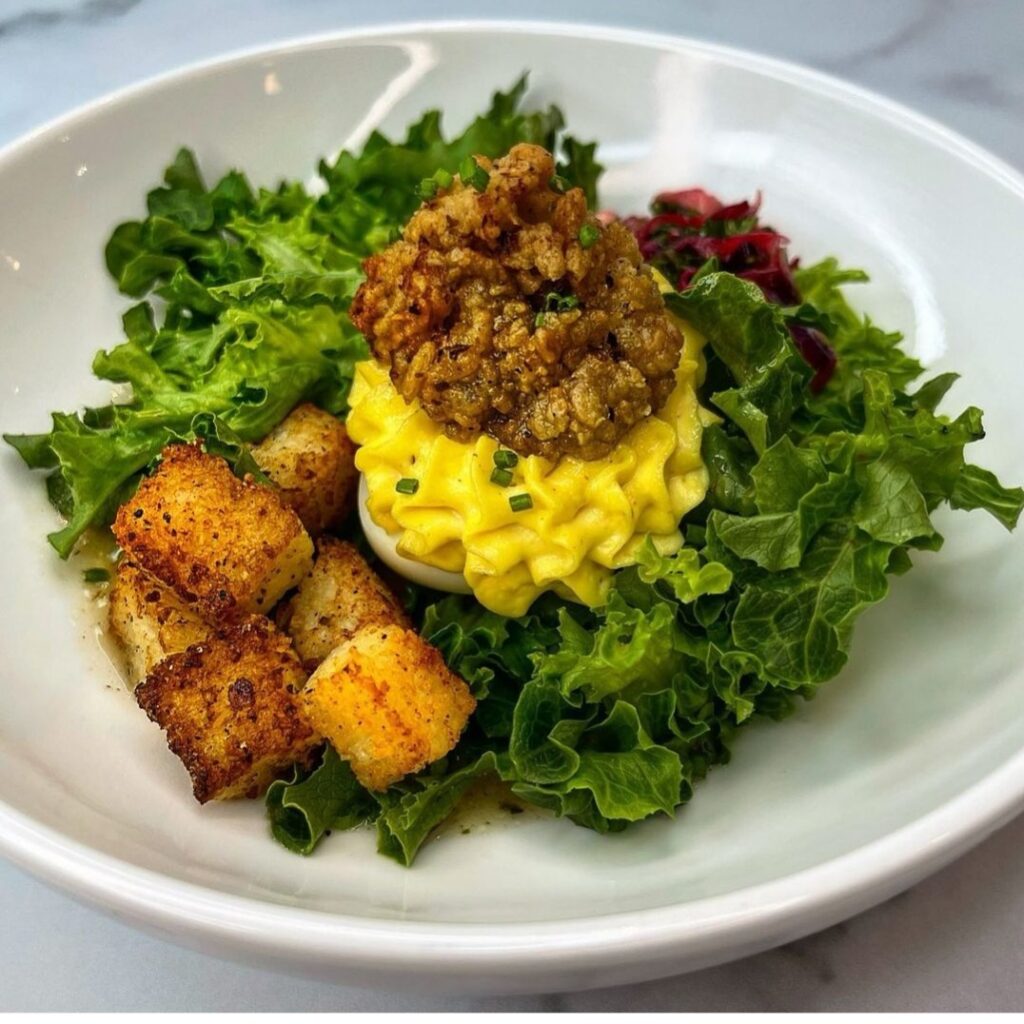
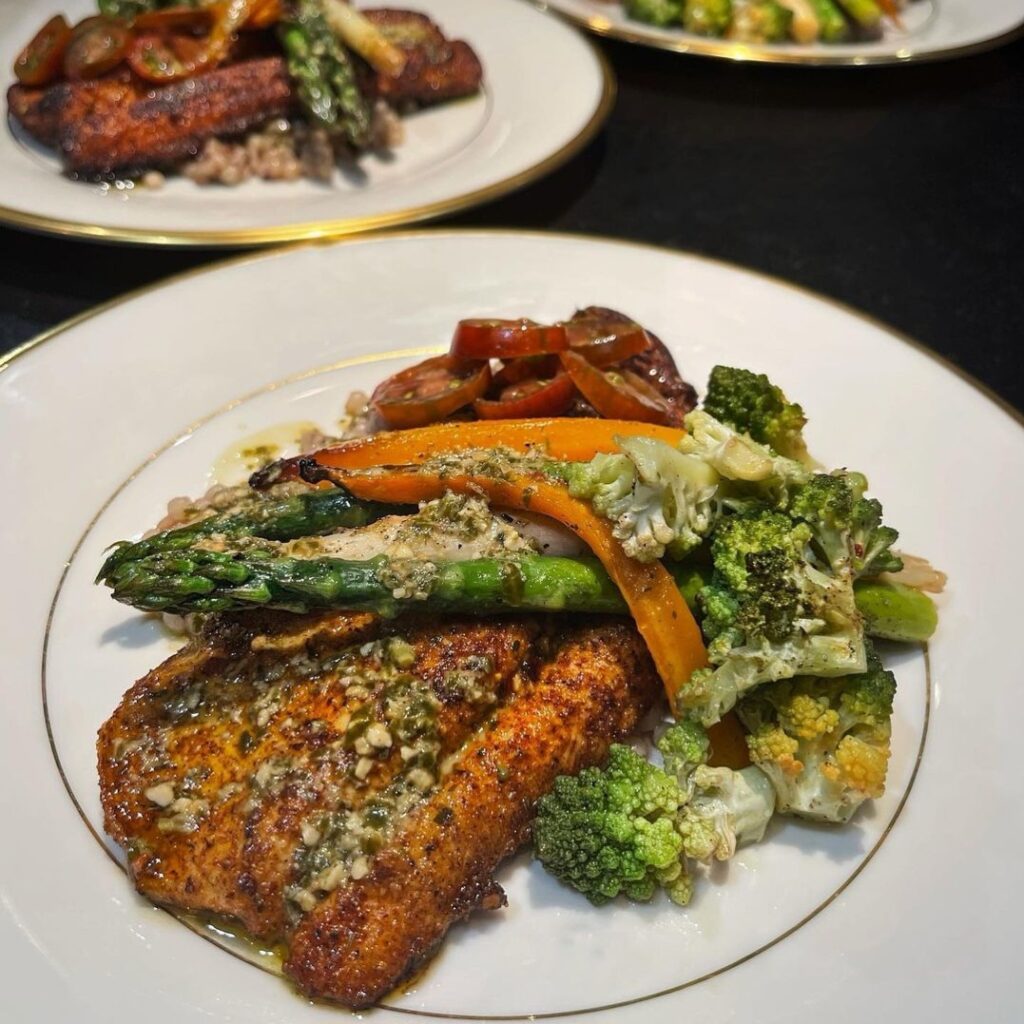
She has since branched out into being mostly a private chef. By 2024, Sabour plans to stop catering completely. Sabour wants to open a market of her own with a lunch counter. It will have all her artisan products in it. She also has plans to get her products into grocery stores.
“It’s so much,” Sabour said. “Even coming up with the formulas to create the product via to make a self-stable product.”
There’s a chemistry behind it. Sabour explained how she had to develop the math formulas for different products. Vinegar, for example, is in her collard greens, and she had to create the precise recipe to make it taste right while also being marketable.
“So, yeah, it’s a process, but I’m in it because that’s one of the vison I had 11 years ago. It was a Mack truck driving down the interstate with my name on it, so I want to have that,” Sabour said.
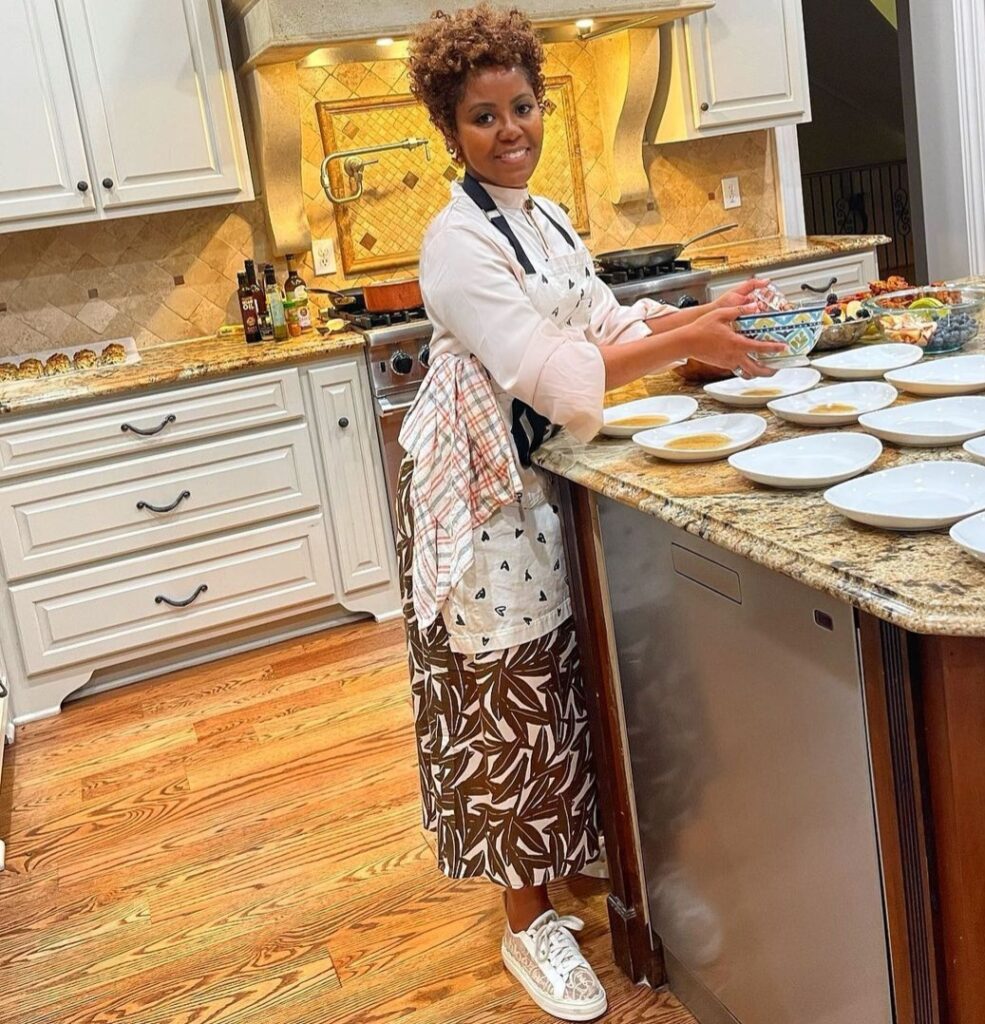
Leave a Reply